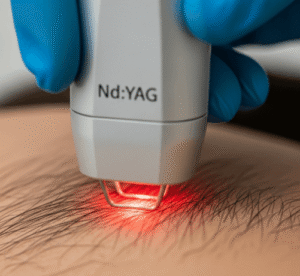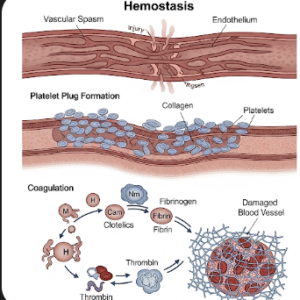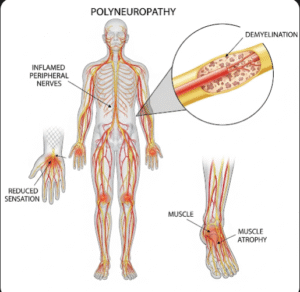Overview
A systolic murmur is a heart sound heard during the systole phase of the cardiac cycle, when the heart contracts and pumps blood out to the body. It may be harmless (innocent murmur) or indicate an underlying cardiac condition such as valve disorders. In South Korea, accurate diagnosis and treatment of systolic murmurs are supported by world-class cardiology departments, echocardiography labs, and minimally invasive cardiac procedures.
What is a Systolic Murmur?
A systolic murmur is an abnormal sound made by turbulent blood flow in the heart during systole, the phase when the ventricles contract. It is usually detected using a stethoscope during a physical exam.
Systolic murmurs are classified into three types:
- Ejection murmur: caused by blood flow through narrowed outflow tracts (e.g., aortic stenosis)
- Regurgitant murmur: due to backward blood flow (e.g., mitral regurgitation)
- Innocent murmur: not associated with any structural heart disease
The clinical significance of a systolic murmur depends on its timing, intensity, location, and accompanying symptoms.
Symptoms
A systolic murmur itself may not cause symptoms, but if it’s due to underlying heart disease, symptoms may include:
- Chest pain or discomfort
- Shortness of breath, especially during exertion
- Fatigue
- Palpitations or irregular heartbeat
- Dizziness or fainting
- Swelling in legs or feet (in cases of heart failure)
- Cyanosis (bluish discoloration) in severe congenital conditions
Causes
Common causes of systolic murmurs include:
- Aortic stenosis (narrowing of the aortic valve)
- Mitral regurgitation (leakage of blood back into the left atrium)
- Tricuspid regurgitation
- Pulmonic stenosis
- Hypertrophic cardiomyopathy
- Atrial or ventricular septal defect
- High cardiac output states (e.g., anemia, fever, pregnancy)
- Innocent or functional murmurs (especially in children and adolescents)
Risk Factors
- Age (valve degeneration in elderly)
- Congenital heart defects
- Rheumatic fever (can damage heart valves)
- Family history of heart valve disease
- High blood pressure
- History of heart infection (endocarditis)
- History of radiation therapy to the chest
Complications
If the systolic murmur is caused by an underlying condition and left untreated, complications may include:
- Heart failure
- Arrhythmias
- Stroke
- Infective endocarditis
- Reduced exercise tolerance
- Sudden cardiac death (in severe cardiomyopathy or valve disease)
Prevention
You cannot always prevent systolic murmurs, but you can reduce risks and complications by:
- Treating high blood pressure and infections promptly
- Regular heart check-ups if you have a family history
- Avoiding rheumatic fever by treating strep throat early
- Managing chronic conditions like diabetes and obesity
- Avoiding smoking and excessive alcohol consumption
Treatment Options in Korea
South Korea offers comprehensive evaluation and treatment of systolic murmurs through its advanced cardiology and cardiovascular surgery facilities.
Diagnosis
- Auscultation by a trained physician
- Echocardiography (TTE/TEE) to assess valve structure and function
- Electrocardiogram (ECG) to check for electrical abnormalities
- Chest X-ray to assess heart size
- Cardiac MRI or CT angiography
- Cardiac catheterization in complex or surgical cases
Medical Management
- No treatment may be necessary for innocent murmurs
- Medications for underlying causes (e.g., beta-blockers, ACE inhibitors, diuretics)
- Antibiotics for endocarditis prophylaxis in high-risk patients
- Anticoagulants if there’s a risk of blood clots (e.g., atrial fibrillation)
Surgical and Interventional Options
- Valve repair or replacement (surgical or via catheter-based techniques like TAVI/TAVR)
- Septal defect closure (surgical or device-based)
- Myectomy or alcohol septal ablation for hypertrophic cardiomyopathy
- Minimally invasive robotic surgery is available in top Korean hospitals
Follow-up and Support
- Regular echocardiograms
- Cardiac rehabilitation programs
- Lifestyle modification support (diet, exercise, smoking cessation)













